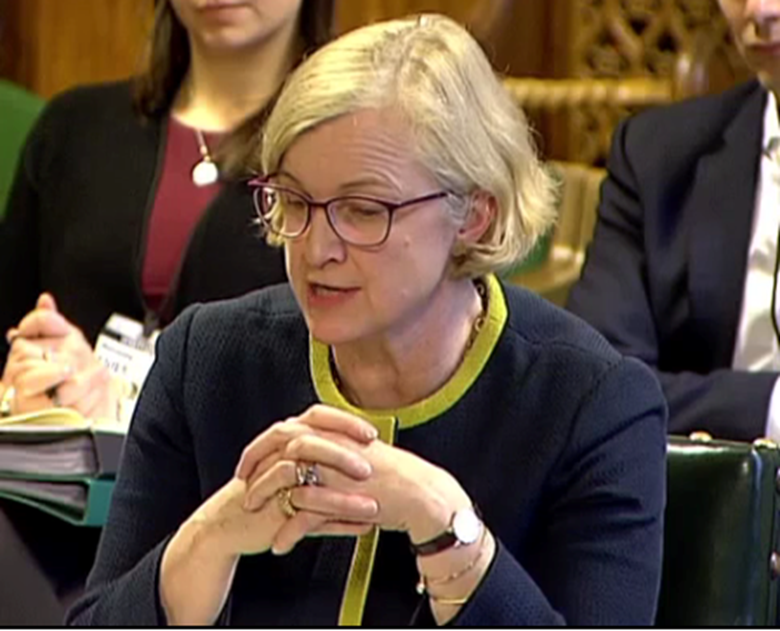Ofsted's 'off-rolling' crackdown must go further, says ADCS
Joe Lepper
Monday, April 8, 2019
Children's services directors have criticised Ofsted's schools inspections reforms for not going far enough to tackle "off rolling", where schools seek to remove challenging pupils from their register.

Under a new draft framework, school leaders will be inspected on how well they prevent this and other "gaming" practices, which are used to make the school look better in league tables.
But in its response to a consultation around the plans, the Association of Directors of Children's Services says that it will be difficult, during a short school visit, for inspectors to prove that persuasive tactics have been used by schools to encourage parents to home school their children.
The ADCS wants to see inspectors also delve deeper into available data so that information about pupils leaving a school can be compared against regional averages.
Inspectors should also find out why a parent has taken their child out of school, the association says.
Such investigations could also uncover school failings, whether perceived or real, in areas such as tackling bullying.
- Analysis: Home schooling survey reveals rising concerns over 'off-rolling'
- Inspection focus: Inspecting off rolling
At a House of Commons public accounts committee hearing in January, Ofsted's chief inspector Amanda Spielman confirmed that only two schools had been formally identified during an inspection as off-rolling pupils, while the inspectorate had flagged 300 schools where this could be an issue.
In its response, the ADCS also urges Ofsted to move to a "more nuanced and narrative approach" to ratings, which it says would offer a fairer and more useful judgment for schools and parents.
Ofsted proposes to continue with one-word judgments, ranging from "outstanding" to "inadequate", for overall effectiveness and specific areas of leadership, quality of education, behaviour and attitudes and personal development.
"It would also have the added advantage of reducing incentives for system gaming and therefore tackling those problems at source," the ADCS adds.
The ADCS is also concerned that proposals on safeguarding could lead to unfair inspection judgments for some school leaders and urges inspectors to "retain a degree of discretion" in their grading.
The new framework will have a stronger focus on protecting children from harm. It states that if safeguarding arrangements are failing, then inspectors are likely to hand a school's leadership a rating of "inadequate".
The ADCS response says: "Whist the direction of travel in these reforms is appropriate, ADCS members are disappointed that they have not been taken a step further," states the ADCS response.
"A key shortcoming of previous inspection regimes has been the inability to identify and prevent attempts by some schools to improve their position by ‘gaming' outcome data.
"The new approach seeks to address some of this by reducing reliance on raw data, but this will not eradicate the problem, the high-stakes nature of single-worded judgments is at the root this gaming."
The ADCS also backs the new framework's plans to more regularly inspect schools that are rated as "outstanding".
Spielman told MPs in January that three quarters of "outstanding" schools inspected this academic year were downgraded due to falling standards. Around 300 schools to receive this top grade have not been inspected in more than a decade.




